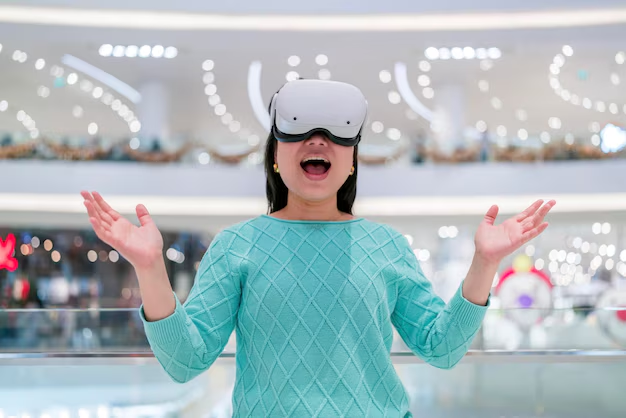From Transactions to Transformations
In today’s economy, customers are not just buying products they’re buying experiences. From luxury travel to interactive retail, people willingly spend more when a purchase makes them feel engaged, connected, and transformed. According to Eventbrite, 78% of millennials would rather spend money on experiences than material goods.
This shift signals a powerful truth: value is no longer defined only by function or price it’s defined by emotion, memory, and meaning.

The Psychology Behind Paying More
Experiences trigger emotional responses that products alone cannot. When a purchase creates joy, wonder, or belonging, customers perceive it as worth more.
- Emotional value: Memories last longer than the excitement of owning something.
- Social currency: Sharing experiences online boosts status and identity.
- Scarcity: Unique or limited experiences feel more valuable than everyday items.
Lesson: Businesses that design emotional moments can command premium prices.

The Experience Economy in Action
Industries are reimagining themselves through experiences:
- Retail: Nike’s flagship stores offer customization labs and VR sports courts.
- Hospitality: Airbnb Experiences connects travelers to local hosts for cooking classes or cultural tours.
- Food & Beverage: Restaurants like Dans Le Noir in Paris charge extra for dining in complete darkness, turning dinner into an adventure.
Lesson: Products meet needs; experiences create stories.

Why Customers Value Connection Over Commodity
Experiences foster human connection. Whether it’s a concert, a festival, or a brand-hosted workshop, shared experiences build a sense of belonging. In a hyper-digital age, this human element makes customers more loyal to experience-driven brands.
Lesson: Loyalty isn’t bought it’s earned through meaningful connection.

Premium Pricing Through Immersion
Customers don’t just pay for the product they pay for the story around it. Immersive experiences, from interactive art installations to themed pop-ups, make even basic products feel elevated.
Example: Starbucks charges more than local cafés, not just for coffee, but for the curated “third place” experience between home and work.
Lesson: When businesses design experiences around products, they unlock pricing power.

Global Trends Driving Experience Spending
- Millennials & Gen Z prioritize experiences over ownership.
- Emerging markets are seeing growth in luxury travel and live entertainment.
- Tech-enabled immersion (VR, AR, AI) is redefining how customers engage with brands.
According to PwC, the experience economy is growing four times faster than the goods economy, showing this isn’t a fad it’s the future.
Lesson: Experiences are becoming the universal currency of customer loyalty.
Conclusion: From Products to Memories
Customers are willing to pay more for experiences because they create meaning, memory, and identity. For businesses, this shift is an opportunity to move beyond transactions into relationships.
Takeaway: The most successful companies of tomorrow won’t just sell things they’ll sell moments that last a lifetime.
FAQs
Q1: Why do customers value experiences more than products?
Experiences provide emotional fulfillment, social value, and lasting memories, making them feel more worthwhile.
Q2: Which industries benefit most from the experience economy?
Hospitality, retail, food & beverage, travel, and entertainment see the biggest gains.
Q3: Are customers really willing to pay more for experiences?
Yes. Studies show millennials and Gen Z consistently prioritize spending on experiences over material goods.
Q4: How can small businesses compete in the experience economy?
By adding personalized touches, storytelling, and interactive elements to their products or services.
Q5: Is this trend global or limited to certain markets?
It’s global, but adoption is faster in markets with younger, tech-savvy populations.






